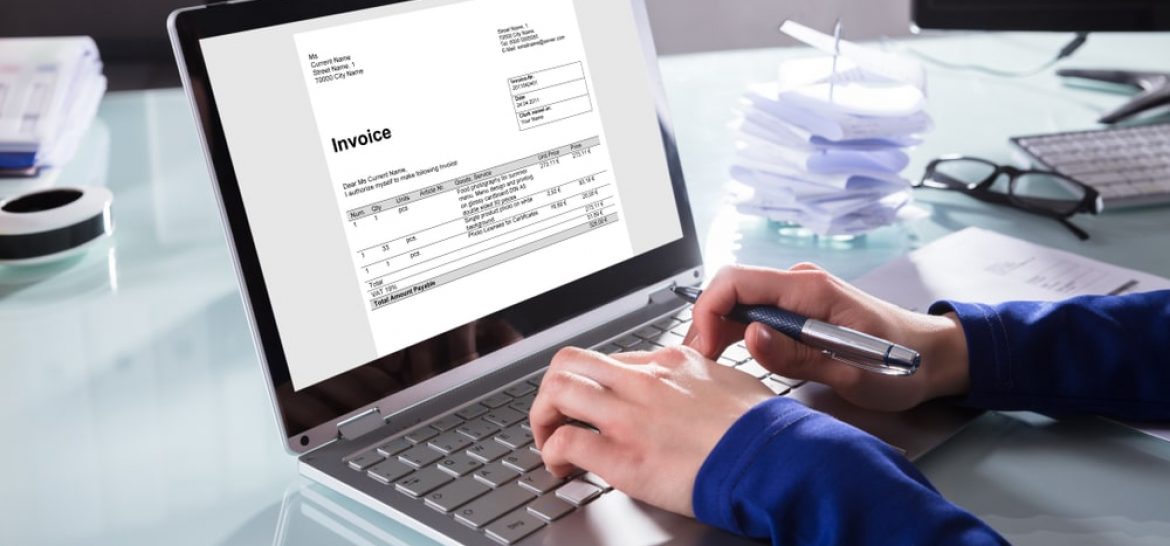From 2021, all companies will have to comply with the electronic invoicing obligations described in the simplification law of 2014.
Already in place since 2017 for large companies and public bodies, it is the turn of mid-sized companies to switch to electronic invoicing in 2018.
Good news ! This new legal obligation will also allow you to save money in the management of your invoices. Here's how to do it.
Dematerialization of invoices, what you need to know
Dematerialization, the legal framework
The simplification law reinforces the European directive which entered into force in 2004 and authorizes the substitution of the paper invoice by the electronic invoice.
The latter, previously declined in the General Tax Code (art. 289 bis and 289 V), specifies the modalities of dematerialization.
The legal framework for dematerialization is defined, on the one hand, by the order of June 2014 which generalizes the use of electronic invoices between public bodies and their suppliers, with gradual entry into force between 2017 and 2021.
On the other hand, the Macron law of 2015 (law for growth, activity and equal economic opportunities) opens the field of dematerialization between private companies with an application timetable identical to that of public contracts.
Thus, the deadlines concerning the obligation to issue and accept dematerialized invoices are dictated by the following schedule:
- Since 1erJanuary 2017: compulsory acceptance of electronic invoices for large companies and public establishments;
- At 1erJanuary 2018: compulsory acceptance of electronic invoices for mid-size companies;
- At 1erJanuary 2021: compulsory acceptance of electronic invoices for small and medium-sized businesses;
- At 1erJanuary 2021: compulsory acceptance of electronic invoices for micro-businesses.
Validity of electronic invoices
To be valid, your electronic invoices must contain the same mandatory information displayed on their paper format. To know :
- the name of the sender and recipient,
- the date and invoice number,
- details of the services and their date of execution,
- the total before tax,
- the amount of taxes if applicable.
Electronic invoices can be “structured” and issued in a format that complies with the EDI (Electronic Data Interchange) standard or “unstructured” and sent in a non-modifiable format (PDF or JPEG).
However, avoid Word or Excel formats, which are considered “unstructured” and easily editable.
To be valid, dematerialized invoices must include an electronic signature.
In addition to the mandatory information, dematerialized invoices must include an electronic signature authenticated by an “electronic certificate”.
How to dematerialize your invoices
Don't underestimate the switch to e-bill! Start by performing an internal audit to define the resource requirements (human and material) and identify the suppliers concerned as well as the practical arrangements.
Different strategies are available to you to switch to electronic invoices:
- use an external service provider who will process your invoices in a dematerialized manner,
- acquire e-invoicing software.
Depending on the strategy chosen, electronic invoices are processed in EDI or PDF format.
Then, you will have to choose the format for processing your invoices. These can be processed in EDI format, which corresponds to a secure exchange standard.
They can also be processed in PDF format, which is easier to set up, by affixing an electronic signature.
E-invoices are then sent and received via EDI software or by e-mail.
Archiving of invoices
According to accounting rules, any business must keep its invoices for at least 10 years.
Before the entry into force of the decree of March 30, 2017, companies had to keep and store invoices in their original format. Today, all invoices, even those edited in paper format, can be stored in a dematerialized manner provided that the digital format is identical to the original.
This device makes it possible in particular to be more efficient in its management and to achieve savings in storage processes. Be careful, however, to put in place security procedures to guarantee the authenticity and integrity of your invoices.
The key to the success of your paperless strategy is communication! Before and during the process, remember to communicate with the parties concerned: suppliers and customers, but also the departments of your company which are affected (accounting, administration, IT, logistics, etc.).


